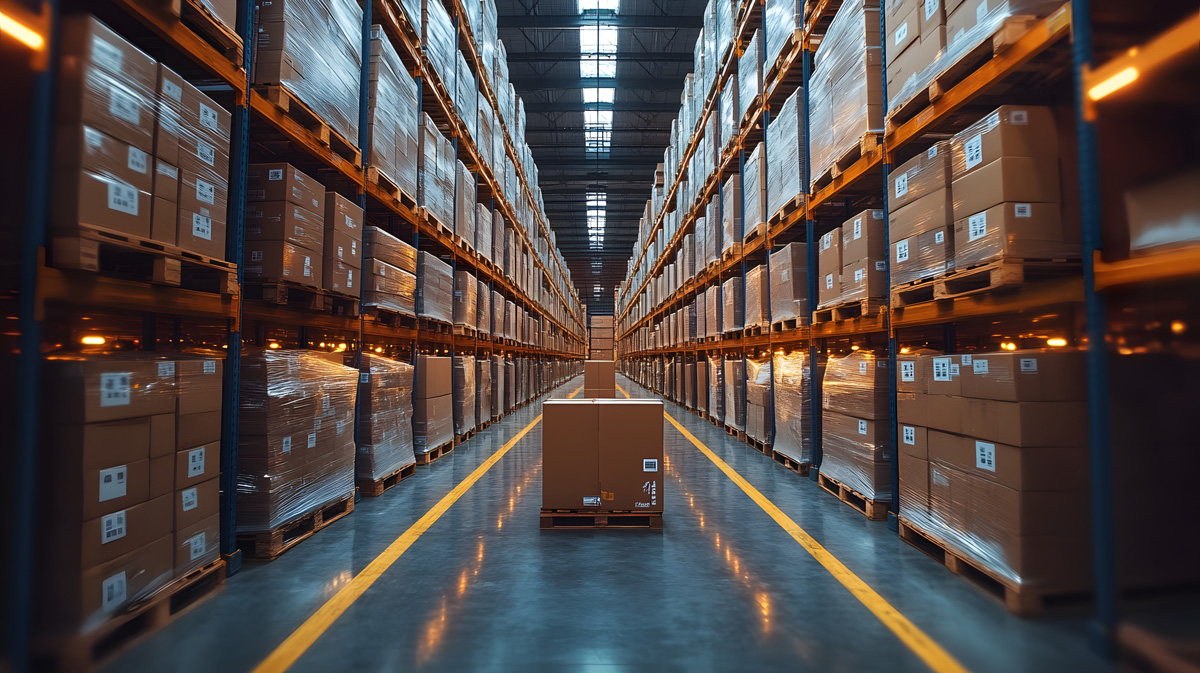
When importing goods into the United States, businesses must follow strict regulations to ensure compliance with customs laws. One key aspect of this process is the use of a customs warehouse, which provides a secure location to store goods before they are cleared for distribution. Understanding the rules and compliance requirements for storing goods in an El Paso customs warehouse is essential for businesses looking to optimize their import process while avoiding costly penalties.
If you need expert assistance with customs brokerage services, call Cordova Brokerage International Inc. at (915) 595-8774.
What is a Customs Warehouse?
A customs warehouse is a secure facility where imported goods can be stored without paying duties or taxes until they are either sold domestically or exported. This allows businesses to manage their inventory efficiently while deferring tax payments, making it an attractive option for many importers. However, using a customs warehouse comes with strict regulations that must be followed to remain compliant with U.S. Customs and Border Protection (CBP) requirements.
Regulations for Storing Goods in a Customs Warehouse
To ensure compliance, businesses must adhere to several key regulations when storing goods in a customs warehouse:
Proper Documentation
All goods stored in a customs warehouse must be properly documented. This includes:
- A detailed inventory list
- Import entry paperwork
- Certificates of origin
- Customs bonds (if required)
Accurate record-keeping is critical to avoid delays and penalties. Failure to provide the correct documentation may result in fines or confiscation of goods.
Time Limits on Storage
Goods stored in a customs warehouse are subject to time limits set by CBP. In most cases, goods can remain in the warehouse for up to five years without duties or taxes being applied. However, after this period, businesses must either:
- Pay duties and taxes to release the goods into the U.S. market
- Re-export the goods
- Destroy the goods under customs supervision
Restricted and Prohibited Goods
Certain items cannot be stored in a customs warehouse due to safety and legal concerns. These include:
- Illegal substances
- Counterfeit goods
- Perishable items that may deteriorate over time
- Hazardous materials without proper authorization
It is crucial to verify whether your goods meet the criteria for storage before utilizing a customs warehouse.
Security and Compliance Checks
CBP conducts regular inspections of customs warehouses to ensure compliance. Warehouse operators must maintain strict security measures, including:
- Surveillance systems
- Restricted access controls
- Detailed records of all inbound and outbound shipments
Failure to meet security requirements may result in warehouse suspension or revocation of CBP approval.
Benefits of Using a Customs Warehouse
Using a customs warehouse offers several advantages for businesses involved in international trade:
Deferred Duty Payments
Businesses can store goods without immediately paying duties, allowing for better cash flow management.
Improved Inventory Control
A customs warehouse in El Paso provides a secure and organized space to manage inventory, reducing the risk of loss or damage.
Opportunity for Re-Exportation
If goods are not needed in the U.S. market, they can be re-exported without incurring duties, making international trade more flexible.
Compliance with Trade Agreements
By utilizing a customs warehouse, businesses can take advantage of trade programs and agreements that reduce tariffs and import costs.
How to Stay Compliant with Customs Warehouse Regulations
To avoid legal issues and fines, businesses should implement the following best practices:
Work with an Experienced Customs Broker
A knowledgeable customs broker can help navigate complex regulations and ensure compliance.
Maintain Accurate Records
Keeping detailed and up-to-date records of all transactions and inventory movements is essential for compliance.
Conduct Internal Audits
Regularly reviewing warehouse procedures can help identify potential compliance risks before they become major problems.
Stay Informed About Regulation Changes
Customs regulations frequently change, so it is important to stay updated on new requirements that may impact storage practices.
Customs Warehouse in El Paso
Storing goods in a customs warehouse is a strategic way to manage inventory and defer tax payments, but it comes with strict regulations that must be followed. By understanding and adhering to compliance requirements, businesses can avoid fines and maximize the benefits of warehouse storage. For expert guidance on customs brokerage and warehouse compliance, contact Cordova Brokerage International Inc. at (915) 595-8774. Our team is ready to help you streamline your import process and ensure full compliance with U.S. customs laws.




